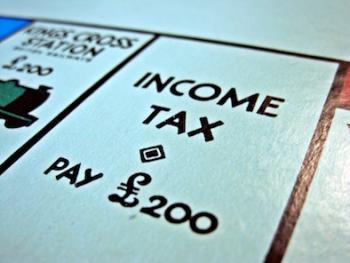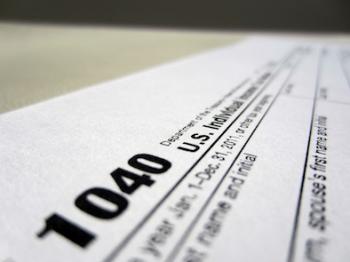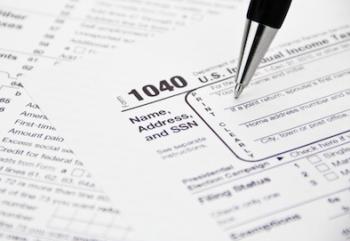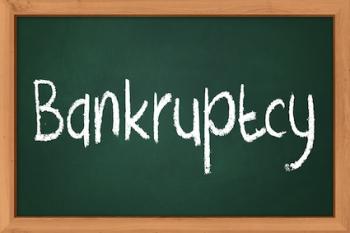Tax law is responsible for the legalities surrounding the way in which the government makes levies on economics transactions – taxation. Issues of taxation that the government would be concerned with are income taxes, taxation on capital gains, consumption taxes, and wealth taxes.
 Although taxation in Canada is officially the responsibility of the federal and provincial government according to the Constitution Act of 1867, smaller parts of government are also involved; provincial legislatures will authorize municipal councils to govern some direct taxes such as property taxes. Thus, the tax law involves almost every level of government in Canada. In 1930, The Supreme Court of Canada has ruled that taxation must be consistent with four characteristics: enforceable by law, imposed under the authority of the legislature, levied by a public body, and for a public purpose.
Although taxation in Canada is officially the responsibility of the federal and provincial government according to the Constitution Act of 1867, smaller parts of government are also involved; provincial legislatures will authorize municipal councils to govern some direct taxes such as property taxes. Thus, the tax law involves almost every level of government in Canada. In 1930, The Supreme Court of Canada has ruled that taxation must be consistent with four characteristics: enforceable by law, imposed under the authority of the legislature, levied by a public body, and for a public purpose.
The Canadian Revenue Agency (CRA) is responsible for all federal tax collection. Furthermore, the CRA also collects and remits most provincial taxes per various collection agreements. In Canada, personal income tax accounts accounts for nearly 40% of tax revenue, the bulk of which goes to the federal government (1). On the other hand, the municipal level of government largely relies on property taxes for their revenue.
S imilarly, the United States implements taxation at the federal, state and municipal levels; the municipal and state governments operate autonomously. Payroll taxes, and estate and gift taxes are the responsibility of federal and state governments, whereas property taxes and sales taxes are largely the responsibility of local governments and state governments respectively. Income taxes are implemented by most states as well as certain local levels in addition to the federal level.
imilarly, the United States implements taxation at the federal, state and municipal levels; the municipal and state governments operate autonomously. Payroll taxes, and estate and gift taxes are the responsibility of federal and state governments, whereas property taxes and sales taxes are largely the responsibility of local governments and state governments respectively. Income taxes are implemented by most states as well as certain local levels in addition to the federal level.
The Internal Revenue Service (IRS) is the agency responsible for tax collections for the federal government. The United States Constitution provides the Congress and associated agencies the legal power to levy these taxes.
1. Canadian Revenue Agency: https://www.cra-arc.gc.ca/
© BrainMass Inc. brainmass.com June 28, 2024, 3:34 pm ad1c9bdddf



